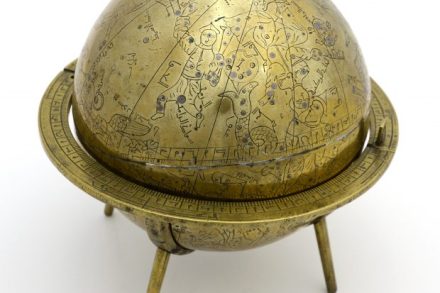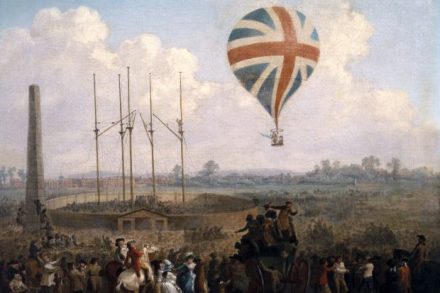Face time
As a chat-up line it was at least unusual. On 8 January 1927, a 46-year-old man approached a young woman outside the Galeries Lafayette department store in Paris and announced, ‘You have an interesting face; I would like to do your portrait. I feel we are going to do great things together.’ The approach was successful, even though the woman in question, Marie-Thérèse Walter, was bewildered by his subsequent announcement, ‘I am Picasso!’, since she had never heard of the famous artist. Undeniably, great works did result from this chance meeting — as well as an intense affair, which lasted for years. Several are included in the splendid Picasso Portraits



















